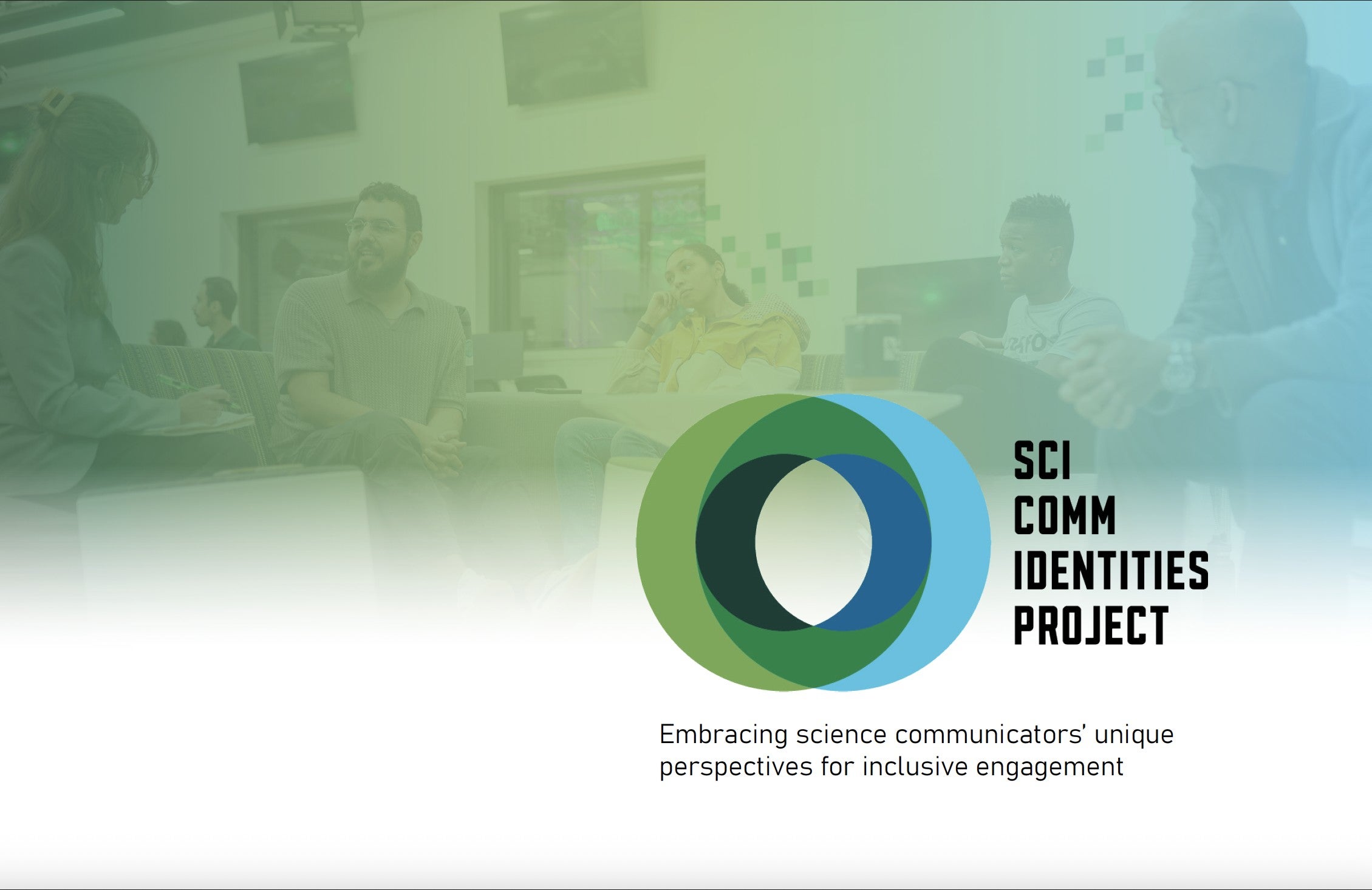The team behind the SciComm Identities Project (SCIP) has created a source book for journalists covering climate and environmental topics to provide a more representative range of experts who are also trained science communicators. The guide features two dozen SCIP fellows: scholars and professors whose work is related to climate change across a wide range of disciplines.
Click to download a PDF of the source book.
Led by the University of Rhode Island’s Metcalf Institute, Michigan State University’s Knight Center for Environmental Journalism, and the URI Science and Story Lab, the SCIP fellowship was a one-year professional development opportunity for pre-tenure faculty at U.S. institutions who identify as underrepresented racial or ethnic minorities in STEM. The goal of the program was to prepare the next generation of science communicators. The fellowship offered three cohorts that each focused on a specific subtheme: energy, water, and food.
“In addition to supporting SCIP Fellows’ development as effective science communicators, another goal was to amplify the Fellows’ visibility as public figures with wide-ranging expertise about climate change impacts and solutions,” said URI clinical professor Sunshine Menezes, co-principal investigator of the project with professor Bruno Takahashi at Michigan State University. “Journalists tend to go to the same sources for environment stories. We created the SCIP press book to expand and diversify those sources lists by highlighting these fantastic early career scholars.”
“Science news stories too often lack diverse voices,” added Takahashi. “This gap not only affects how different audiences understand scientific issues, but also whether they see scientists who reflect and represent them. The SCIP press book is a much-needed resource that helps journalists connect with expert sources from a wide range of backgrounds who also bring strong communication skills.”
In the source book, fellows are listed according to cross-cutting topics to easily identify their primary areas of expertise. Each fellow’s section includes their title and institution, a short bio that lists their research and areas of expertise, and their contact information. Where applicable, it also links to their social media and personal websites. You can also search the document by clicking on more than 50 topic areas, which range from agriculture to wildfires, and identify experts by their geographical area.
We hope you find this to be a helpful tool to support your reporting and that you connect with some of our incredible experts!

